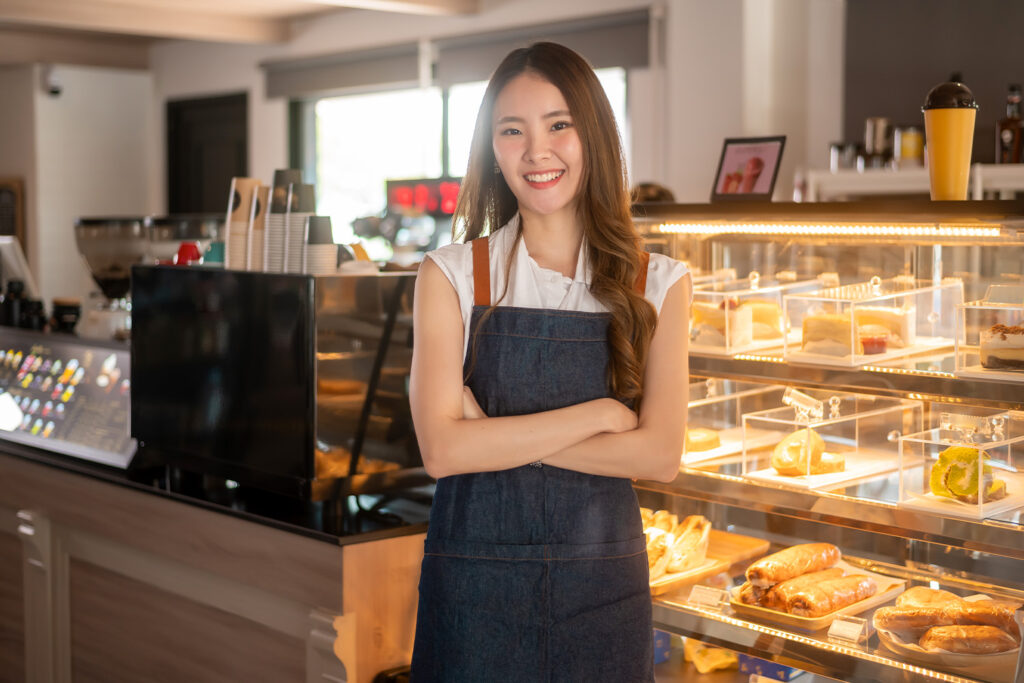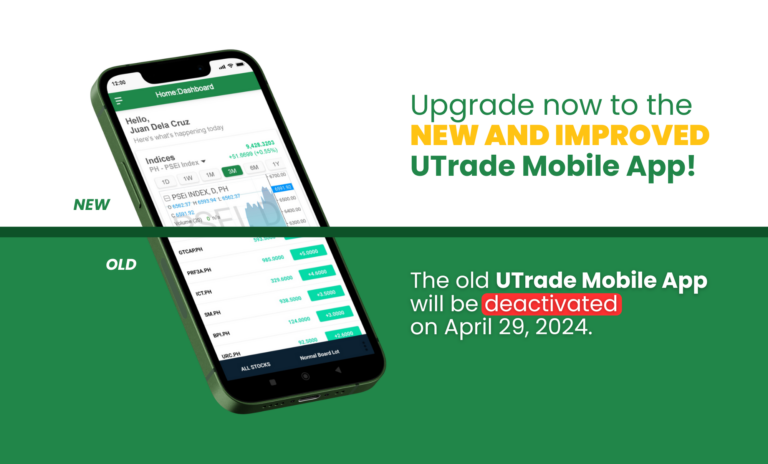Key Takeaways
To meet the legal requirements for a food or bakery business in the Philippines, register first with DTI or SEC, then secure local permits.
- Register with DTI (sole proprietor) or SEC (corporation).
- Obtain Barangay clearance and Mayor’s/Business permit.
- Get a sanitary permit and health certificate from the LGU.
- Register with BIR for tax compliance (TIN, official receipts).
- FDA licensing is only needed for pre-packaged, manufactured food.
A food or bakery business in the Philippines is a rewarding venture, especially in a country where sharing meals is a beloved tradition. But before you serve your first loaf or rice bowl, it’s essential to meet the legal requirements for food businesses in the Philippines. These permits ensure smooth operations and protect your business from fines or delays.
In this guide, we’ll walk you through the key permits and licenses you need. These include DTI or SEC registration, sanitary and BIR permits, and FDA compliance. Whether you’re launching a home-based bakery or a full-scale food service, this breakdown will help you start strong and stay compliant.
When is FDA Licensing Required?
For first-time entrepreneurs, one of the most common questions is whether FDA (Food and Drug Administration) approval is required. The answer depends on the nature of your business. If you plan to manufacture, repack, or export food products—especially pre-packaged goods—you’ll need to apply for an FDA License to Operate (LTO).
On the other hand, FDA licensing is generally not required if you’re starting a small bakery or food outlet, such as a carinderia. However, once you begin packaging products for retail sale or online distribution, the licensing requirement applies. Understanding this early on can help you save time and resources.

A Legal Checklist for Starting a Food Business in the PH
Before opening the door to your first customer, make sure the government legally recognizes your business. Here’s a step-by-step guide to help you register your food or bakery business properly in the Philippines:
1. Business registration
The proper business structure is one of the first legal requirements for a bakery business in the Philippines. If you’re operating independently, register as a sole proprietorship with the Department of Trade and Industry (DTI). This structure is the simplest and fastest route for small food entrepreneurs.
Meanwhile, if you’re starting with partners or planning to build a larger company, you must register with the Securities and Exchange Commission (SEC). This route applies to partnerships or corporations and typically involves more paperwork and capital requirements. For financial assistance, you can explore loans and credits for businesses that support additional capital.
After registration, head to your barangay hall to secure a barangay clearance—a local permit that confirms your business location is zoned for your activity. Next, apply for a mayor’s permit or business permit at the city or municipal hall. These permits will require documents such as your lease contract, business plan, and proof of registration.
2. Food safety and sanitation permits
Adhering to local health and safety regulations is essential for both legal compliance and earning customer trust. Begin by securing a sanitary permit from your local government unit (LGU). This permit is granted after an inspection of your food prep area for cleanliness, food storage, and pest control.
Anyone involved in food handling must also obtain a health certificate from the local health office. This typically includes a physical examination, a stool test, and a brief seminar on food safety.
Then, schedule a fire safety inspection with the Bureau of Fire Protection (BFP) to assess your space. If your facility passes, you’ll receive a fire safety inspection certificate.
Securing these permits demonstrates your commitment to hygiene, safety, and professionalism—the foundations of any reputable food or bakery business in the Philippines.
3. BIR registration and tax requirements
After securing your local permits, you must register your food or bakery business with the Bureau of Internal Revenue (BIR). This step ensures that you’re recognized as a tax-paying entity and can issue official receipts to customers and suppliers.
Start by applying for a taxpayer identification number (TIN) for your business. Use BIR Form 1901 if you’re a sole proprietor or Form 1903 for partnerships and corporations. Once you have your TIN, you’ll need to pay the annual registration fee using Form 0605. Afterward, register your books of accounts and apply for authority to print (ATP) your official receipts and invoices.
Keep in mind that regular filing of income tax, percentage tax, or VAT, and withholding tax (if applicable) is mandatory. By staying compliant with BIR requirements, you can avoid hefty fines and build your business credibility with banks, investors, and partners.
4. Additional industry-specific considerations
Depending on the model of your food or bakery business, you may also need to comply with additional requirements. If you’re selling pre-packaged food, the Department of Health (via the FDA) requires proper nutrition labeling. This list includes ingredients, calorie count, and expiration date to ensure transparency and consumer safety.
You may also consider getting halal certification. It confirms that your ingredients and preparation methods comply with Islamic dietary laws, which can significantly enhance your credibility in Muslim-majority regions.
Larger operations may also require environmental clearances. Similarly, you must obtain the necessary import permits if you’re sourcing ingredients internationally. These extra steps help elevate your food business and open more opportunities for growth.
Bake Legally, Operate Confidently

A food or bakery business in the Philippines is a fulfilling journey—but only if you lay the right legal groundwork. From business registration to food safety and FDA compliance, every step helps secure your operations and build customer trust.
Stay informed and proactive to avoid costly delays and set yourself up for sustainable growth. Whether you’re baking from home or opening a café, legal compliance is your first ingredient for success. If you need financial support, a flexible business loan in the Philippines can help you move forward with confidence.
Need help turning your plans into reality? Check out Unicapital’s ULoan Business for flexible funding options that support your entrepreneurial vision.
Frequently Asked Questions (FAQs)
A small, independently operated bakery should register as a sole proprietorship with the Department of Trade and Industry (DTI). This is the fastest and simplest route for small food entrepreneurs in the Philippines.
An FDA License to Operate (LTO) is required if you manufacture, repackage, or export food products, especially pre-packaged goods for retail. Small food outlets like a carinderia or a non-packaging bakery typically do not need FDA licensing.
You must secure a Barangay Clearance first to confirm zoning compliance for your location. You then need to apply for a Mayor’s Permit or Business Permit from your local City/Municipal Hall.
You must obtain a sanitary permit from your Local Government Unit after a successful inspection of your preparation area. Additionally, all food handlers need to secure a health certificate from the local health office.
he first step is to apply for a business Taxpayer Identification Number (TIN) using BIR Form 1901 (sole proprietor) or 1903 (partnership/corporation). You must also pay the annual registration fee (Form 0605).







